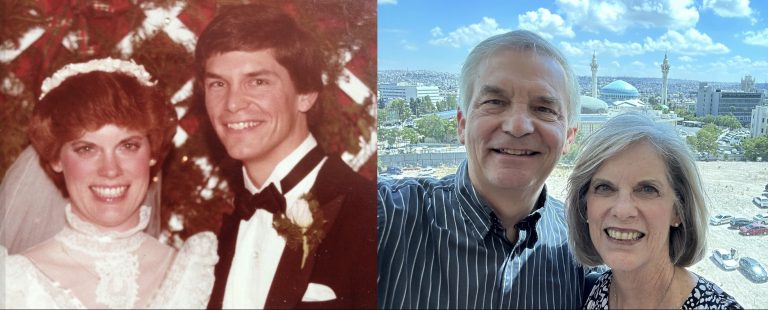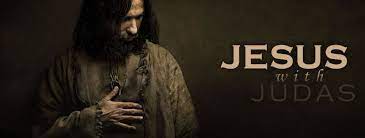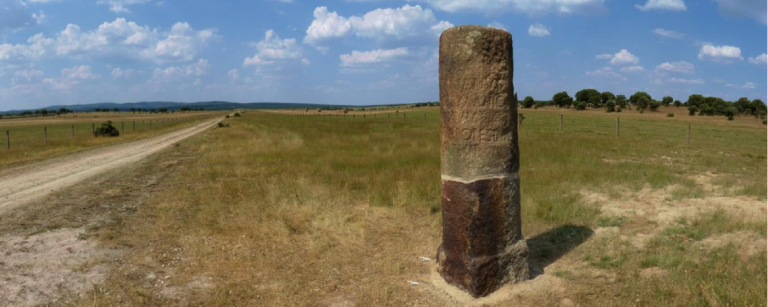(7 hours before Mom passed on 21 Sept 2022)
At 2:42 AM, I’m trying to do my share in the night shift. Bob, Libby, Susan, and I take turns sitting next to Mom as she snores away on her bed here at Bob and Libby’s home. We know full well that today could be the day for this bed to be her portal to life with Jesus. It’s a quiet morning with soft instrumental hymns playing from my computer. Each hymn reminds me of God’s faithfulness as I think about the words of each song etched in my mind. Maybe some will also be familiar to Mom from her early days when she attended church.
Before Mom enters heaven and the day gets busy with a myriad of details, I thought it appropriate to write down some of what my first teacher taught me. I emphasize the word some because no one could ever cover them all.
The maternal sacrifice begins with the inconvenience of pregnancy itself before the two of us were ever introduced. I think God designed childbearing to get us used to living for our children before we ever meet! She had little Bobby already to care for as an inquisitive two-year-old in a foreign land, so my arrival more than doubled her work of caring for active little boys. That’s the first lesson—care for others more than you care for yourself. Any selflessness that I show rightfully is credited to Mom, as she is the first to show me that others matter more than self.
Dateline: 1958
Place: Japan
Purpose: Help the Japanese rebuild their country 13 years after WWII
Mom and Dad chose Navy deployment in Tokyo as Dad felt that he had already flown his planes in Europe by that time. Maybe that is the second lesson—to forgive your enemies and work for their good.
So, in 1957, they moved to Japan where they hoped that I would be born before the end of the year and thus be credited as a deduction on their taxes for the whole year. They figured that the amount saved would be roughly equal to a silver set with a beautiful pitcher, creamer and sugar servers, cups, and a tray. The plan didn’t work, though, as the New Year arrived with the baby still intact. Then, finally, on January 3, 1958, Mom gave birth to me one night as an interruption to her Bridge game. Life got more complicated once again for the small family. But they bought the silver set anyway to give to me someday after they both pass away. Maybe today.
Life is complicated when you forgive—but even more difficult when you don’t. Rebuilding both Japan and Germany was an amazing priority for America back when Christian values ruled the day. We bombed Tokyo and then paid to rebuild it! The post-WWII requirement for these two nations was for them to keep their military spending below 1%, so guess who had to foot the bill for their defense? Even today, US military bases are scattered throughout the Japanese and German lands.
Mom taught me much about forgiveness. Dad didn’t treat her like a husband should (we won’t get into that now), but she protected him and the Navy honored him with promotions. After Kathie was born in mid-1959, they took the boat back to the USA. Mom recalls that trip of a few weeks as one of the most horrifying of her life. To keep these two rambunctious boys in tow, Mom kept Bobby and Ricky on leashes so we wouldn’t fall off the ship while she cared for a sick two-week-old Kathie amidst the seasickness that accompanied these voyages.
The forgiveness continued. Many mothers divorced from their husbands hardly have a kind word for the children’s father. But Mom took the high road. Rather than complaining about his inadequate child support, she went back to school—Cal Berkely nonetheless—and earned a master’s degree with four kids ages 2 to 7. This began a new life as a social worker. She never noted Dad’s faults as we grew up. She never spoke evil of him. Instead, she bought models of the ships that he navigated and the planes that Dad flew. I built many USS Ranger, A-1 Skyraider, and other models. They lined my dresser until one day in a moment of weakness Bob and I lined them up on the backyard fence as target practice with our BB guns.
Mom also taught me much about industry—the importance of hard work. She lived it to a fault. She was literally unable to watch a TV show without knitting needles in her hands. As I see her dying before my eyes, I wish I could have just one more time to come into the room and see her slumped over her knitting needles asleep with the TV still on. The routine was predictable. I would carefully set aside her project and turn off the TV. Then came her line as she woke up: “Oh, don’t turn that off! I’m watching the news!” Of course, the news had ended quite some time earlier and another show was playing to “viewers.”
Her commitment to hard work goes back as far as I can remember.
One of the more torturous roles that parents had to play back in the 1970s was attendance at band concerts. She never missed one. Imagine listening to ten bands on the large gym floor, each in turn playing the three songs that these rookies had learned. The boredom must have been quite the challenge.
It was boring for us students too. After we offered our torturous songs, our eyes wandered through the stands of parents, some of them pretending to listen when they would rather be just about anywhere else.
I recall one concert when the trombone player next to me scanned the audience, bumped my shoulder, and then whispered, “Hey, Rick. Look at the middle riser.” I did. “Now count three rows from the top and five people from the left.” So I did, laying my eyes on the woman who gave me birth.
“Can you believe that?” he said, not knowing that, among the hundreds of parents in the stands, we both had fixed our eyes on my Mom. “Can you believe that a lady would be knitting right here in a public band concert?”
But I didn’t think it strange. Mom always had something in her hands such as the next sweater or hat or whatever that she was knitting for someone else. I don’t recall her ever knitting something for herself. If it wasn’t knitting needles in her bag, it was the next James Michener book on Alaska or another place in the world.
I carry with me everywhere Mom’s sense of keeping busy for a good cause. Of course, every negative trait is a good trait misused. Commitment to hard work is good, but stubbornness can be that good work ethic brought too far. We have had a great challenge the past decade getting her into assisted care, but Mom has stubbornly refused, insisting on living by herself. Finally, this year she relented but only had four months of the relationships that accompany living in a community. But that commitment to live alone kept her going. I can still see her carrying gallons of water for her hanging plants. I gave up asking her to use the hose since lifting weights gives more exercise.
Another lesson from Mom is to be satisfied with what you have. She didn’t feel the need to always get new stuff. Her house is packed with clothes from decades ago, for she said that if she kept her dresses long enough, they would come back in style once again.
Getting her to spend some of her money on a new car was a chore, as my younger brother Tom can testify since he has handled her money in recent years. For years, she drove a used, tiny Mercedes coup with barely room enough for a grocery bag. Mom and her husband Bob accidentally bought it at a car auction when Bob reached up to scratch his head during the bidding. “SOLD!” said the auctioneer to my parent’s great surprise. The car was too small and too low for them, especially once Bob lost strength in his legs. But they kept it with some sense of paying their dues for scratching at the wrong time.
I know that their commitment to frugality played an important role in preparing me for a lifetime of missionary service overseas. Just like Mom and Bob, we have always had enough—and even more than enough—but Mom modeled for me to resist that yearning to always have the best and the newest things. I am satisfied with simplicity. Thanks, Mom. You ate expired food for decades and your stomach still lived to nearly 92 years.
Mom also taught me to control anger. All three of her husbands had a weakness with anger—and Mom sparred with them to some terrifying degrees, especially when the four of us were kids. But when her husband of 48 years showed this fault, she would quip, “Robert, you’re so volatile!” That typically caused him to think about what he was doing and then separate major from minor issues.
Mom was also committed that we learn responsibility. This is where her frugality comes in again. Mom took care of us when we were small, but when we became adults, she held onto her money. Even when we felt we had a legitimate need, she didn’t give us money. She often told me that she didn’t want to be the cause of any issues between us siblings. If she gave one of the four of us money, then she would either have to hide it from the others or give the sibs the same. It is difficult to tell if financial trouble comes from irresponsibility, so she chose not to be the judge of that. The corollary was that she did not want any of us to have to pay for her in her old age. She has seen how money ruined sibling relationships for others. The four of sibs will have to admit that the good relationships among us are due in large part to Mom teaching us to be responsible instead of expecting a bailout.
It’s been tough helping Mom see that our standing before God is not based on this concept of living responsibly. She, like many, thought that we are saved by our good deeds. But God has been patient with her these 50 years we have sought to share with her that Jesus paid the penalty for her sin. A week ago while I shared the good news of Jesus from Jordan with her once again, she told me on FaceTime that she did not need a lecture. Thankfully, God changed her heart within hours and used Libby to finally help Mom accept Jesus!
Well, the lessons Mom taught are innumerable, but this is at least a start. More lessons will be seen in the days and years ahead. May we live up to her ideals until we see her again.



